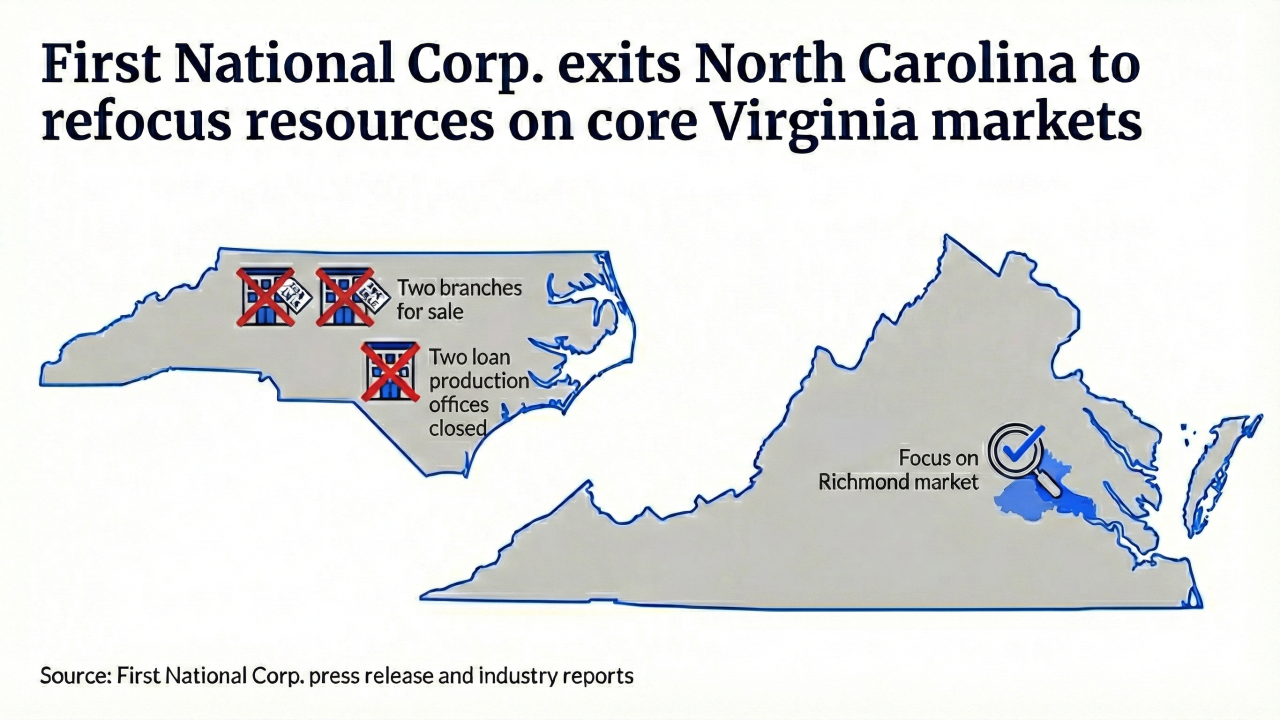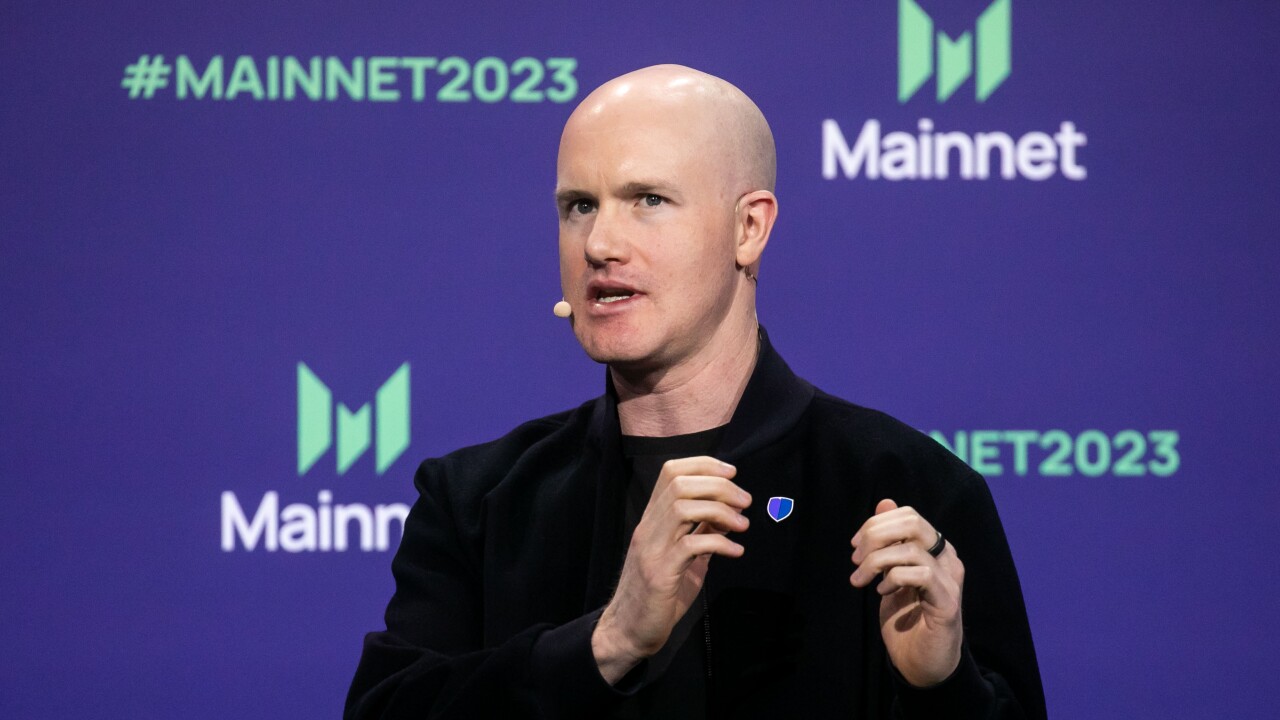We Need Licensed Bank Directors
Where, people often ask, were the directors of all those S&Ls that took dumb risks or permitted insiders to make off with the bacon?
It's a good question, with simple answers. In some cases, the chief executive officers took good care of the directors -- precisely so they wouldn't ask too many questions. In many more cases, the directors simply weren't knowledgeable about the banking business.
It's no surprise that directors were financially naive, since federal policies prevented the most financially sophisticated people from being directors. Interlocks of one bank's board of directors with another bank's board, and with mutual funds and securities firms, were -- and still are -- significantly restricted.
Understanding in Short Supply
Partly as a consequence of these federal policies, it has been difficult to find directors who understand the banking business.
In the case of smaller banks and S&Ls, the problem is exaggerated by the social desirability of being a bank director.
But being a good bank director requires a great deal more specialized knowledge than most business people imagine.
Experience shows that people without financial training often do not contribute effectively to bank boards' most important deliberations.
Policy Weakness
In many ways, traditional bank directors have served most banks well: They provide advice, judgment on board business issues, and a cheering section in the local community.
But boards of directors have not performed well in helping management stay out of trouble. They have embraced the boom psychology, fought regulatory oversight, and have not taken policies and procedures seriously. As a consequence:
* More banks than necessary have failed.
* Many careers have been destroyed.
* The Federal Savings and Loan Insurance Corp. failed.
* The Federal Deposit Insurance Corp. is insolvent.
* Bank regulation has become stricter and promises to become even stricter still.
Some of the current -- and serious -- legislative proposals would even put banks out of the banking business.
The American banking system does not need massive reform. Rather, it needs mechanisms to help the regulatory authorities protect against excesses.
Bank directors are always supposed to have contributed to these mechanisms, regardless of whether they do so for the benefit of stockholders, depositors, the regulators, or the abstract enterprise.
Setting Standards
Why not have the federal banking agencies administer tests on basic banking practices and regulations to certify professional bank directors?
And why not require that at least two members of every insured bank's board, and its audit committee, be certified professional bank directors?
These professional directors would know the rules and understand the business. They could help prevent management from making serious mistakes.
They would act as a brake on excesses. But they would not be regulators or outsiders in the boardroom, because they could be chosen by the same mechanisms as other board members.
They might command higher fees and might present special insurance problems. But it would be worth paying these costs to protect the system. Eventually, professional directors' presence on boards should reduce insurance costs.
Competitive Obstacles
We should repeal many restrictions against interlocks of bank and securities firms.
While interlocks among major competitors would be inappropriate, professional directors serving on multiple boards would be able to foster the best practices from each one. This advantage should overcome minor competitive obstacles.
Two banks which, in the aggregate, did not control over, say, 10% of the market in any product should be permitted to share professional directors.
Who Needs Professionals?
Agreed, soundly managed banks don't really need professional directors. But, one might rejoin, sound management doesn't need a board of directors at all. The board is there precisely to assure that management is sound. It also makes sure that mechanisms to make board oversight more effective are consistent with our system of corporate governance.
The best managers will embrace the idea of professional directors. They will know that it won't harm their institutions: They probably already have directors who easily could qualify.
Professional directors would reduce bank failures over the long term. Therefore, they would reduce deposit insurance premiums and increase public confidence.
Mr. Lowy, counsel to the law firm of Rosenman & Colin, New York, was vice chairman of Dollar Dry Dock Bank and is the author of "High Rollers: Inside the Savings & Loan Debacle."





